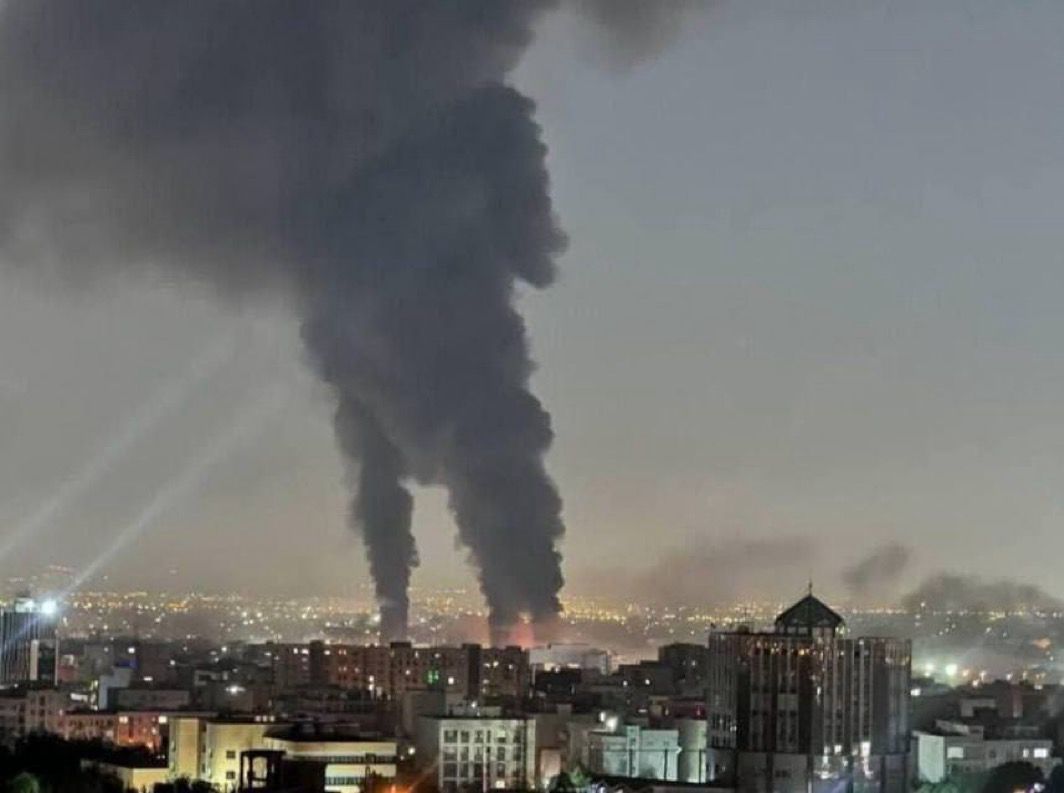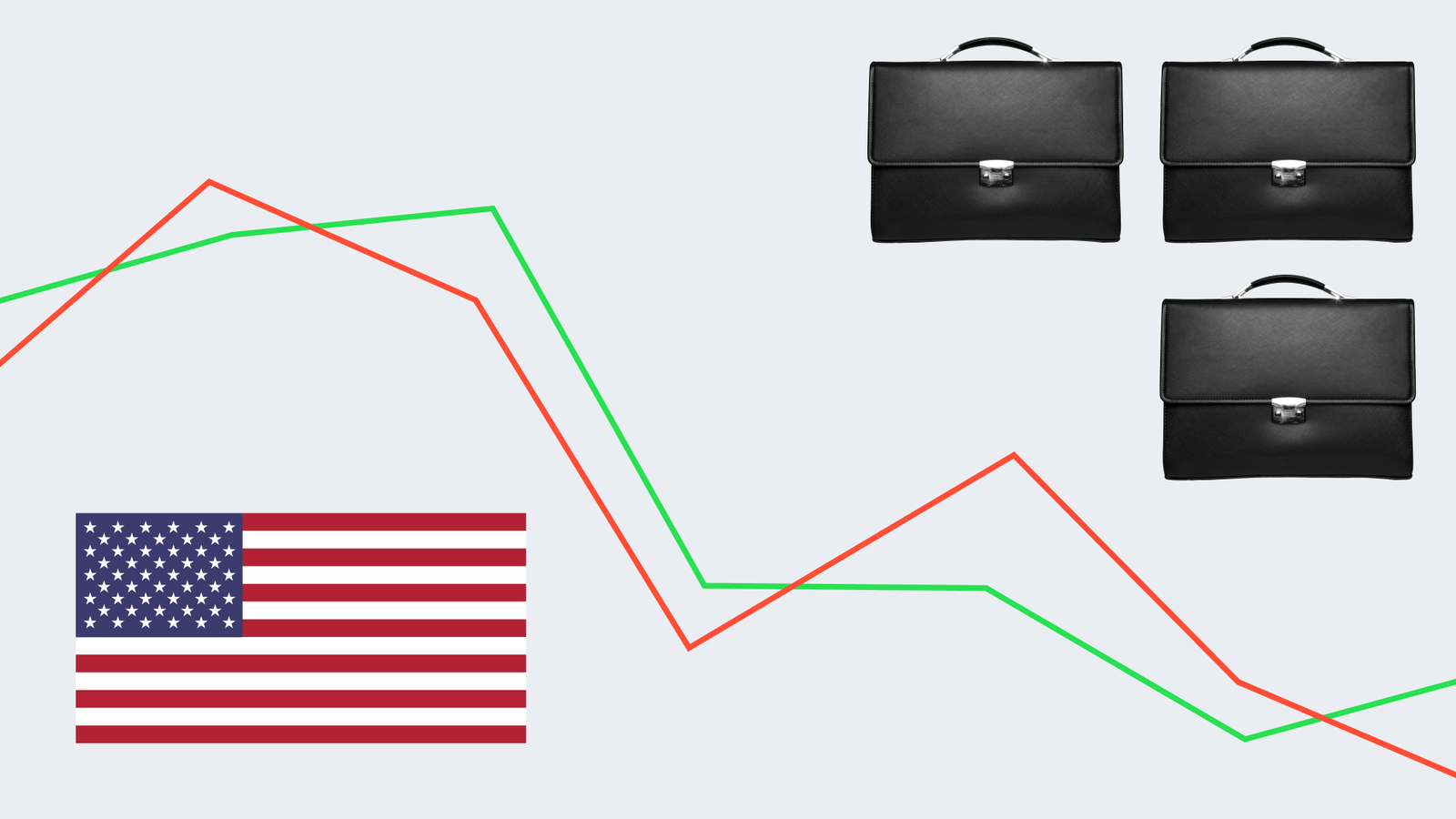Fifth Day of Conflict: Israel and Iran Exchange Strikes Amid Global Alarm
Middle East – The fifth day of escalating hostilities between Israel and Iran has seen a continued exchange of missile strikes, leaving hundreds dead and thousands displaced across both countries.
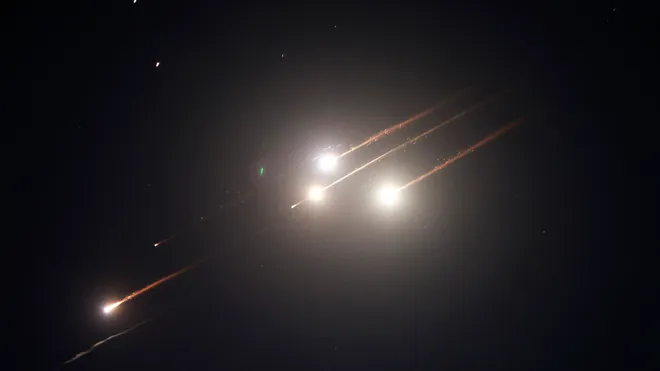
Casualties Mount on Both Sides
Since the conflict began, Iranian officials report at least 224 civilian deaths in regions struck by Israeli missiles, many of which targeted key military and nuclear facilities. In Israel, 24 people have been confirmed dead, with casualties continuing to rise as Iran retaliates with missile barrages of its own.
Trump Calls for “Real End” to Hostilities
U.S. President Donald Trump, who departed early from the recent G7 summit, dismissed claims he left to negotiate a ceasefire. Instead, he stated that the United States is pursuing “something much bigger” than a temporary truce. Speaking from Washington, Trump urged Iranian civilians to “immediately evacuate” the capital, Tehran, hinting at an escalation that could involve broader U.S. intervention.
Trump also contradicted a recent intelligence briefing by his own Director of National Intelligence, which assessed Iran’s proximity to developing a nuclear weapon. He is expected to hold an emergency session with his national security team in the White House Situation Room today.
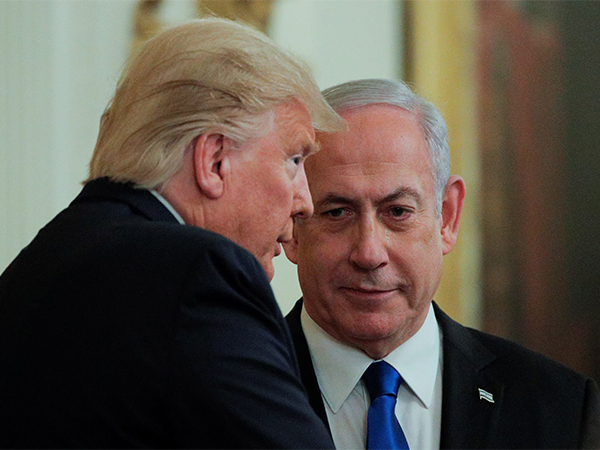
Netanyahu Claims Strikes Have Damaged Iran’s Nuclear Ambitions
Israeli Prime Minister Benjamin Netanyahu stated that Israeli forces have significantly impacted Iran’s nuclear capabilities, targeting at least three sensitive nuclear facilities. While the full extent of the damage is yet to be confirmed, these operations mark one of the most aggressive military maneuvers by Israel in recent years.
Iranian Attack on Israeli Oil Infrastructure Kills Workers
In one of the deadliest strikes so far, Iran targeted Israel’s Bazan Group oil refinery in Haifa. Three employees were killed in the early morning attack, according to a regulatory disclosure filed with the Tel Aviv Stock Exchange. The refinery’s power plant, critical to steam and electricity production for its subsidiaries, suffered significant damage, forcing a complete operational shutdown.
Despite the attack, Israel’s Energy Ministry reassured the public, stating that fuel shortages are not expected. Preparations had been made in advance to stabilize national energy reserves.
Missile Strikes Reported Across Israel and the West Bank
Iran’s counterstrikes have hit several Israeli cities, including Tel Aviv, Bat Yam, and Tamra, as well as parts of the West Bank. Explosions in coastal Haifa caused widespread structural damage and fires, with emergency services stretched to capacity.
China Responds with Diplomatic Concern
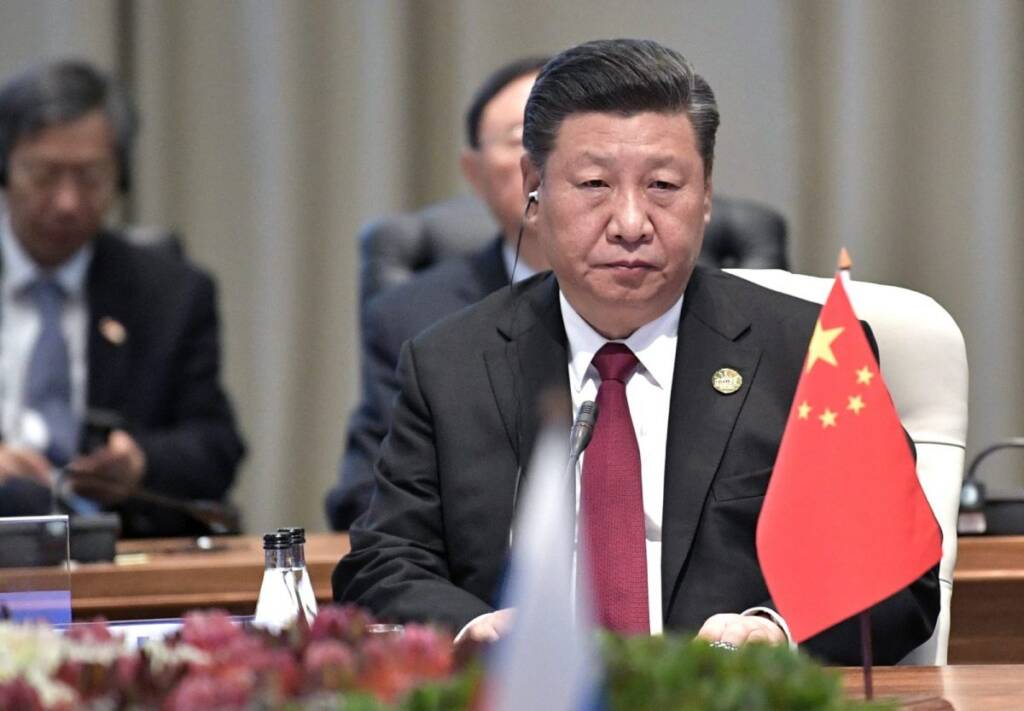
In a rare statement, Chinese President Xi Jinping voiced “deep concern” over what he called the “sudden escalation” of conflict in the region. Speaking at the China-Central Asia Summit in Astana, Kazakhstan, Xi emphasized that military aggression cannot resolve long-standing disputes and warned against actions violating the sovereignty of other nations.
Xi reiterated Beijing’s position as a supporter of regional peace and expressed a willingness to “work with all parties” to restore stability. As a key economic partner of Iran, China’s involvement signals a growing international interest in mediating the conflict.
Mass Evacuations from Tehran Underway
With Israeli strikes intensifying, many residents of Tehran have fled northward toward the Caspian Sea province of Mazandaran. According to accounts shared via regional media outlets, travel times have ballooned from three to over fourteen hours due to heavy congestion.
“Basically everyone I know has left the city,” said one evacuee in an interview with Middle East Network News. “They bombed my house and my street. All the windows are shattered, and the lobby is destroyed.”
In response, Mazandaran’s governor announced that bakeries would operate 24/7 to support the influx of displaced civilians. He also assured that the province could accommodate up to 10 million evacuees.

